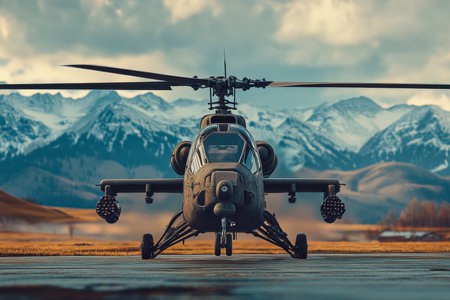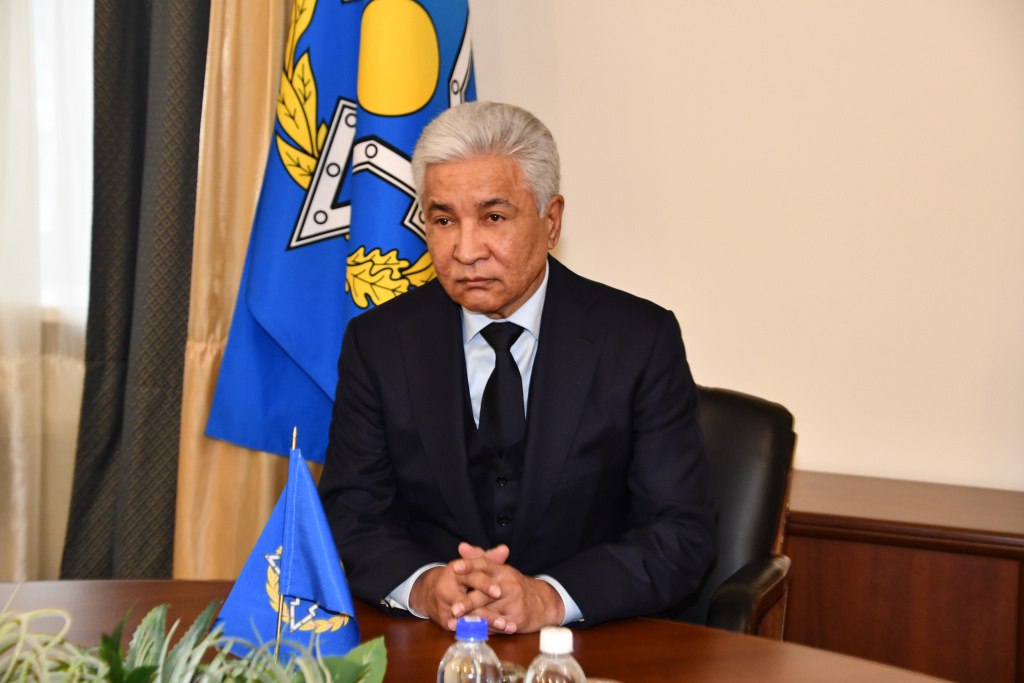Uzbekistan Denies Reports on Return of Afghan Military Helicopters
Speculation has resurfaced regarding the fate of Afghan military aircraft flown to Central Asia during the collapse of the previous Afghan government in August 2021. On September 10, Taliban spokesman Zabihullah Mujahid told The Kabul Times that Uzbekistan had agreed to return helicopters that Afghan pilots had flown across the border as Kabul fell. He claimed the transfer of 57 helicopters was imminent, describing it as a step toward rebuilding Afghanistan’s air force and strengthening ties between the two countries. According to Mujahid, the aircraft had remained in Uzbekistan under the terms of quiet negotiations between Tashkent and Kabul. The U.S. Department of Defense previously confirmed that 46 planes and helicopters were flown to Uzbekistan and another 18 to Tajikistan in 2021. The aircraft included Mi-17 and UH-60 helicopters, along with PC-12, C-208, AC-208, and A-29 fixed-wing aircraft. However, Uzbekistan’s Ministry of Foreign Affairs quickly denied the Taliban’s claims. On September 11, ministry spokesperson Ahror Burkhanov told Gazeta.uz that reports of an agreement to return the helicopters “do not correspond to reality.” He dismissed the information as “fake news” and emphasized that Uzbekistan’s position on the issue remains unchanged. The Taliban has repeatedly demanded the return of the aircraft from both Uzbekistan and Tajikistan, but neither Tashkent nor Dushanbe has responded to these requests publicly. U.S. Ambassador to Uzbekistan Jonathan Henick previously stated that Washington and Tashkent reached an understanding in 2021 regarding the aircraft. He added that part of the military equipment remains in Uzbekistan, and that the two governments are cooperating on the matter through a joint program. Prior to the Taliban’s return to power in August 2021, Afghanistan’s air fleet included 164 military aircraft. Today, only 81 are believed to remain. As the government collapsed, many Afghan Air Force pilots fled with their aircraft to neighboring countries, including Uzbekistan and Tajikistan.






